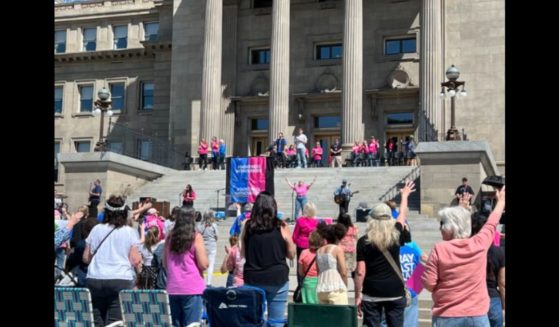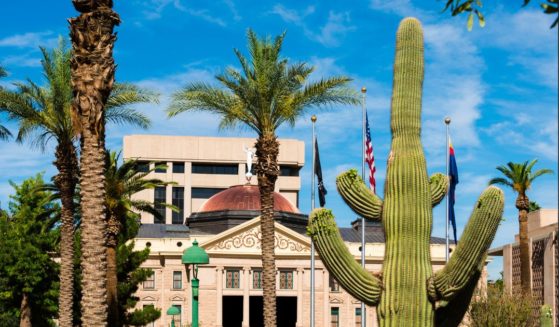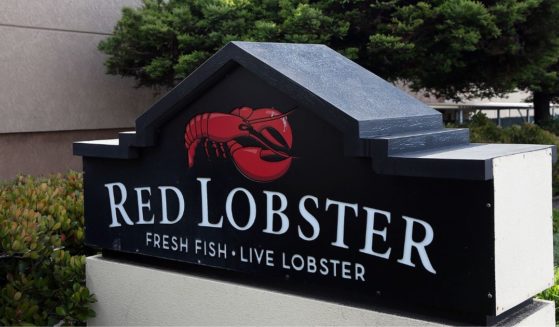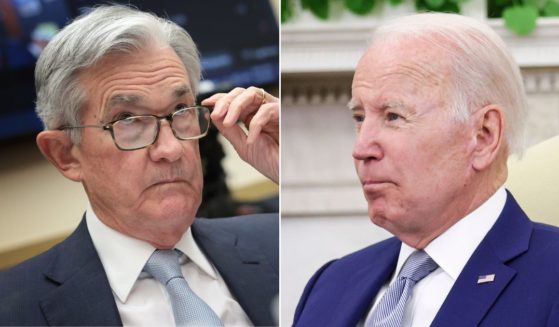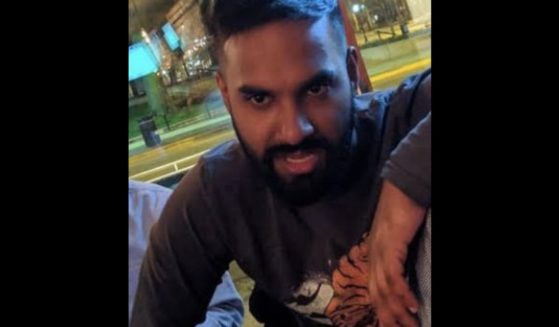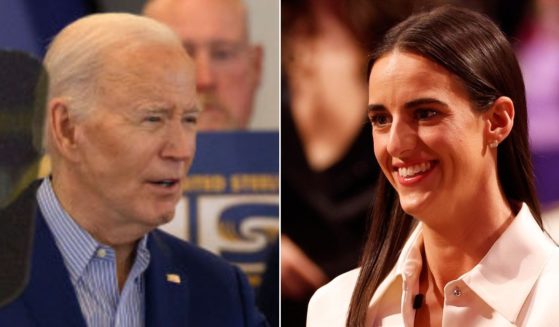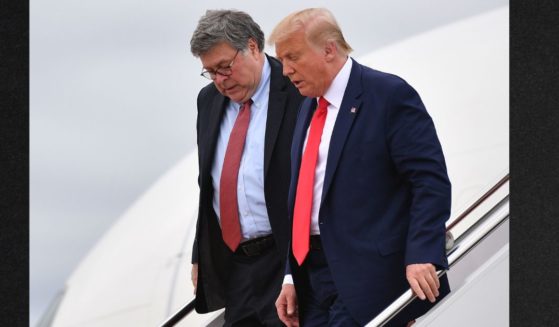Fidel Castro's Reign over Cuba Ended 11 Years Ago
Fidel Castro’s reign over Cuba ended after his brother Raul Castro was officially named the country’s president on Feb. 24, 2008 — 11 years ago Sunday.
Raul Castro received limited powers to rule over the country after Fidel Castro was recovering from a surgery for an intestinal illness in 2006, according to Britannica.
The CIA also revealed that Fidel Castro suffered from Parkinson’s disease in 2005, NBC News reported.
Fidel Castro announced his resignation in a Feb. 19, 2008 letter, but discussed his declining health in a January 2008 letter, according to NPR.
“Therefore, it would be a betrayal of my conscience to accept a responsibility requiring more mobility and dedication than I am physically able to offer,” Fidel Castro wrote, NPR reported.
Fidel Castro ruled over Cuba for nearly 50 years starting in 1959 after overthrowing the country’s former military dictator, Fulgencio Batista, according to History. This was not his first venture into political revolutions, however.
He participated in invading the Dominican Republic in 1947 and engaged in the Bogotá, Colombia riots in April 1948, according to Britannica. Fidel Castro also worked closely with Argentine Marxist revolutionary leader Che Guevara, who helped with the two years of guerrilla warfare that eventually led to Batista leaving Cuba.
Though Fidel Castro promised a transparent government and a restoration of civil liberties prior to becoming Cuba’s leader, he instead organized the only legal political party, called the Communist Party of Cuba, which limited political, economic and cultural life for citizens, according to Britannica.
The country saw free health care and education, but many people left Cuba due to the limited rights, History reported. Fidel Castro’s regime limited land ownership among citizens, and would have residents jailed for opposing his politics.
The U.S. had a troublesome relationship with Fidel Castro’s Cuba because he nationalized U.S.-owned businesses in 1960. This caused the U.S. to launch a trade embargo against Cuba shortly thereafter.
America was also concerned with Cuba’s reliance on the Soviet Union. Cuba relied on the Soviet Union regarding trade policies because the country could otherwise not maintain its standard of living due to an inefficient economy, according to Britannica.
The U.S. discovered Soviet-owned missiles in Cuba in 1962, which prompted fear of a nuclear war. The missiles could hit eastern cities in the U.S. within a matter of minutes. The Cuban Missile Crisis ended after the U.S. agreed to remove nuclear missiles from Turkey and not overthrow Fidel Castro in exchange for removal of Soviet missiles out of Cuba.
U.S. President Barack Obama and Cuban President Raul Castro eased travel and trade restrictions and brought back diplomatic relations to normalize ties, according to the Council on Foreign Relations.
President Donald Trump, however, rolled back agreements made between Obama and Raul Castro to hold the country responsible for suppression of democratic rights.
Fidel Castro died in 2016 at 90 years old. Raul Castro eventually stepped down as president and Miguel Díaz-Canel replaced him in April 2018, according to CNN.
Content created by The Daily Caller News Foundation is available without charge to any eligible news publisher that can provide a large audience. For licensing opportunities of our original content, please contact licensing@dailycallernewsfoundation.org.
A version of this article appeared on The Daily Caller News Foundation website.
Truth and Accuracy
We are committed to truth and accuracy in all of our journalism. Read our editorial standards.


